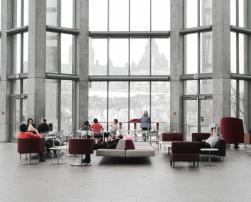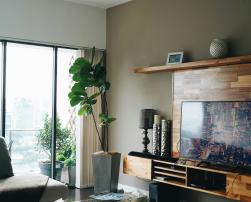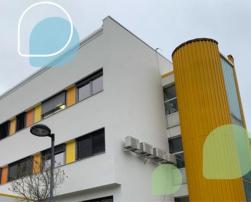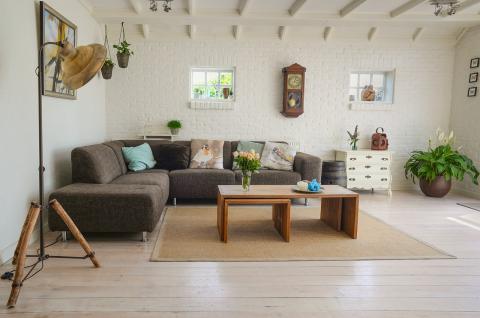Topic of the Month (October 2023)
Each month a relevant topic and several sub-topics are covered in detail. For the Topic of the Month, content following a common thread is developed by BUILD UP Editorial Board in collaboration with the Board of Ambassadors and other relevant experts in the field. This includes producing articles, case studies, webinars and more, all in line with the specific topic selected. Relevant events are also identified and highlighted.
Topics of the Month are announced at the end of the previous month in our website and newsletter. Please write us if you wish to know more about our upcoming topics of the month.

This review highlights how building-related factors, occupant behaviors, and environmental control influence Perceived Air Quality (PAQ) satisfaction in offices, emphasising the importance of thoughtful design and management for improved comfort and productivity.

The world’s urbanisation calls for regenerative design in buildings and infrastructure, focusing on sustainability, resilience, and social value, exemplified by projects like New York’s Big U, which integrates nature-based solutions and community well-being.

This study highlights overheating issues in low-energy homes in England, caused by design flaws in ventilation, solar control, and architecture, with current assessment methods failing to fully address these challenges, especially for vulnerable occupants.

AI and science-led design are transforming the built environment by integrating data and innovation to create sustainable, efficient, and human-centred spaces.

Sustainable construction prioritises eco-friendly practices, energy efficiency, and occupant well-being to reduce environmental impact and promote healthier living spaces.

The study showed that automatic ceiling fan control provides thermal comfort and air quality comparable to manual settings, offering an energy-efficient alternative to air conditioning.

This sustainable Oostvoorne home blends into its forested setting with natural materials, energy-efficient systems, and biophilic design that harmonises architecture and environment.

ETH Zurich developed a sustainable, passive dehumidification system using 3D-printed, moisture-absorbing wall and ceiling components made from marble waste and geopolymer, reducing humidity and greenhouse gas emissions compared to traditional ventilation systems.

Ancient passive cooling techniques, like thick walls, shaded designs, and water systems, offer sustainable solutions for modern buildings to stay comfortable during heatwaves and blackouts.

A health sector building in Western Slovenia underwent energy renovation in 2019, achieving an SRI score of 18%, with potential upgrades like photovoltaic panels and smart systems promising a rise to 51% and improved efficiency, comfort, and flexibility.
